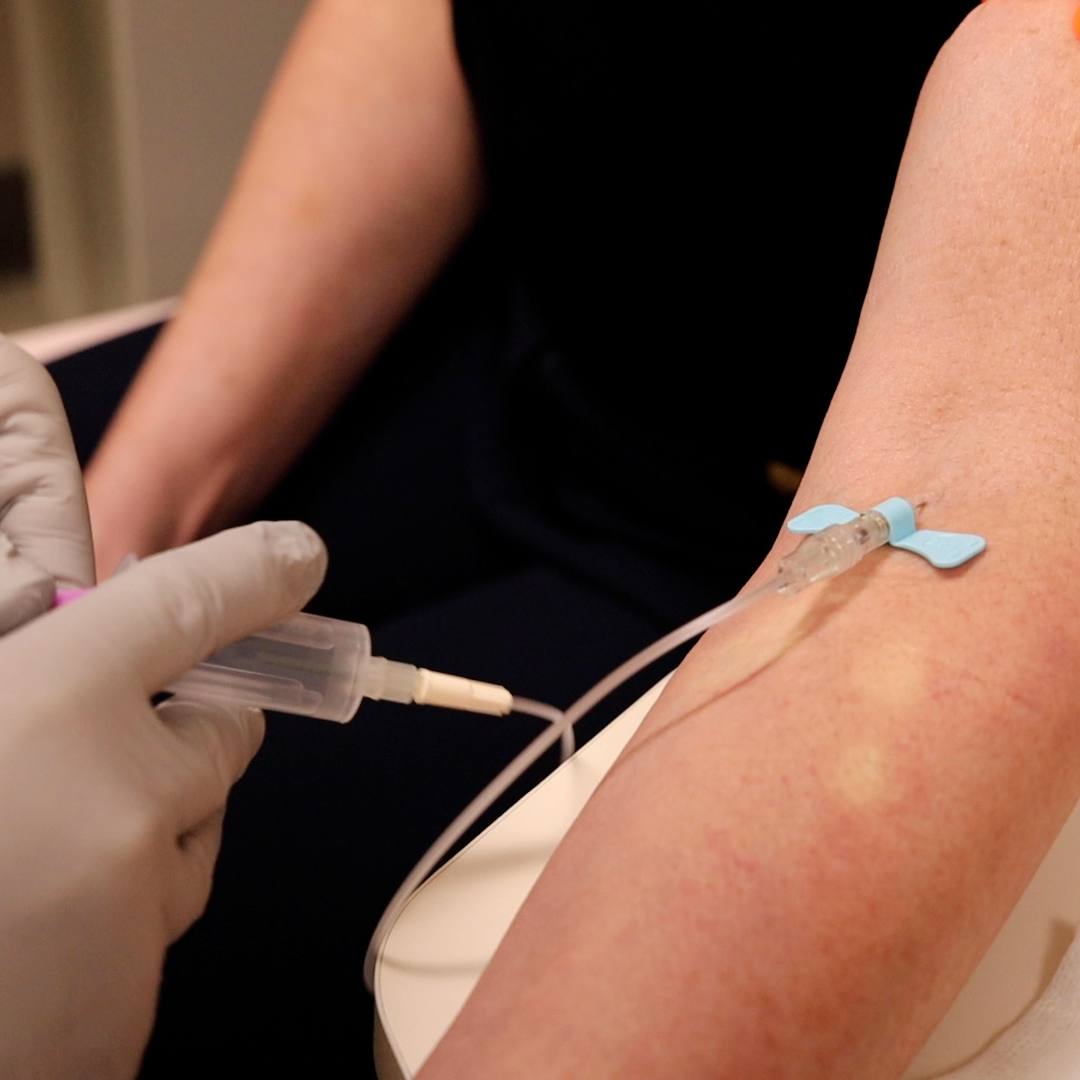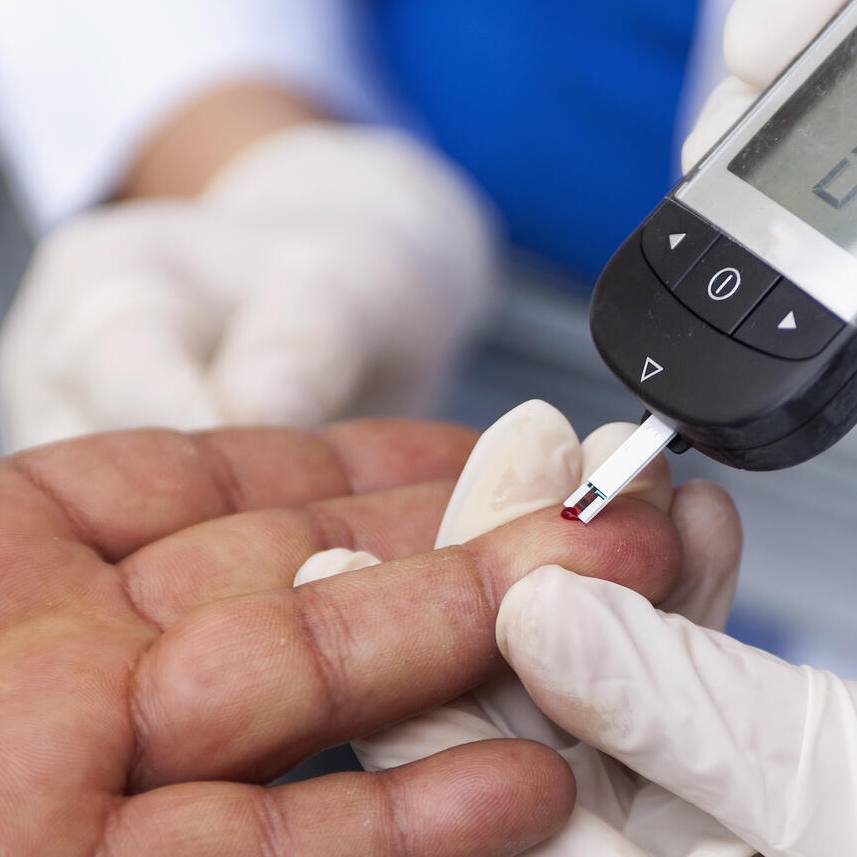-
 Arizona
ArizonaMayo Clinic study examines thoughts on predictive tests for Alzheimer’s
PHOENIX — A new Mayo Clinic study examines the question “what would you do if you knew you are predisposed to Alzheimer’s disease?”
The study, which will be published in the October edition of Mayo Clinic Proceedings, was conducted to measure attitudes concerning Alzheimer’s genetic and biomarker tests. Other studies have shown that many people would want to have tests to know if they carry the gene that causes Alzheimer’s disease. The new study showed that many people may not understand what the results mean.
“About a third of the people who say they want the testing really don’t know what the implications of the tests are,” says Richard Caselli, M.D., Mayo Clinic neurologist and lead author of the study. “More education is needed before we can advocate widespread predictive testing for a disease which, at this time, we have no effective treatment.”
The study, conducted via an online multiple choice survey, had more than 4,000 respondents. More than 90 percent of respondents said they would “pursue a healthier lifestyle,” if they knew they carried the Alzheimer’s gene. Dr. Caselli says that while a healthy lifestyle won’t help prevent Alzheimer’s in the same way it will help with heart disease or stroke, doctors “are certainly in favor of that attitude.”
However, 11 percent of people taking the survey said they would consider suicide. Dr. Caselli says that number was surprisingly high and suggests that people who are interested in the screening tests should probably undergo psychological screening to identify the high risk of adverse psychological outcomes.
“It tells us that this needs to be taken into account if any organization is going to be engaged in widespread predictive testing — for instance when recruiting people for clinical trials of research in preventing Alzheimer’s,” he said.
Additionally, the study showed that more than 80 percent of the respondents want genetic testing if paid by insurance and more than 58 percent if it would cost them at least $100.
###
About Mayo Clinic
Recognizing 150 years of serving humanity in 2014, Mayo Clinic is a nonprofit worldwide leader in medical care, research and education for people from all walks of life. For more information, visit 150years.mayoclinic.org, www.mayoclinic.org and newsnetwork.mayoclinic.org.
MEDIA CONTACT: Jim McVeigh, Mayo Clinic Public Affairs, 480-301-4222, mcveigh.jim@mayo.edu.
Related Articles







